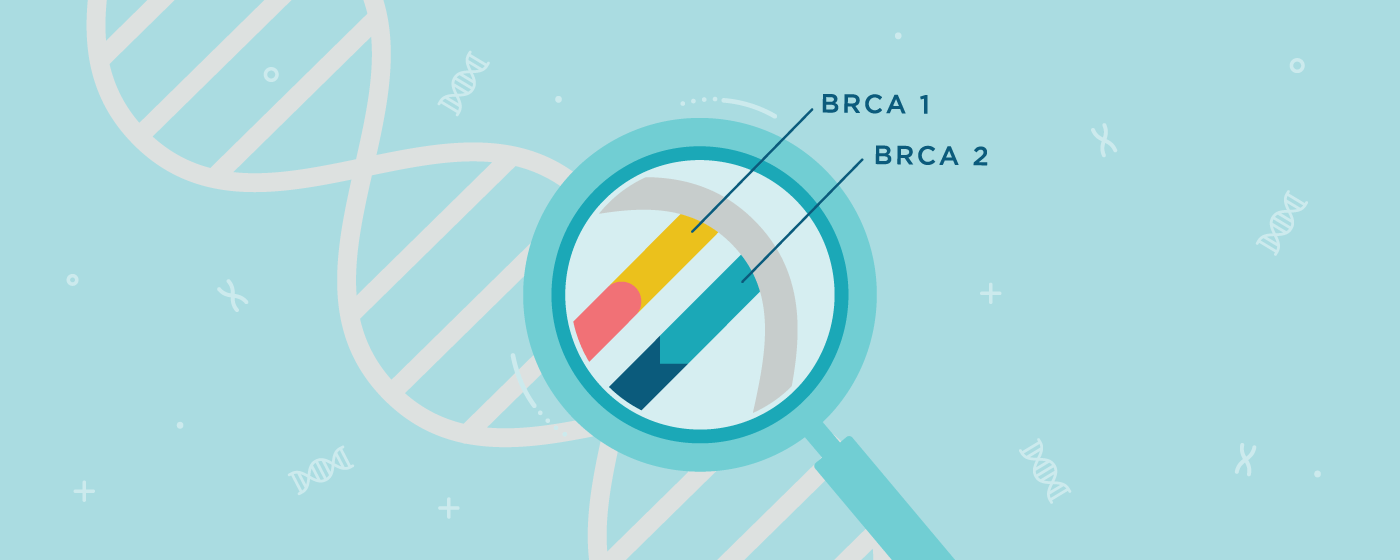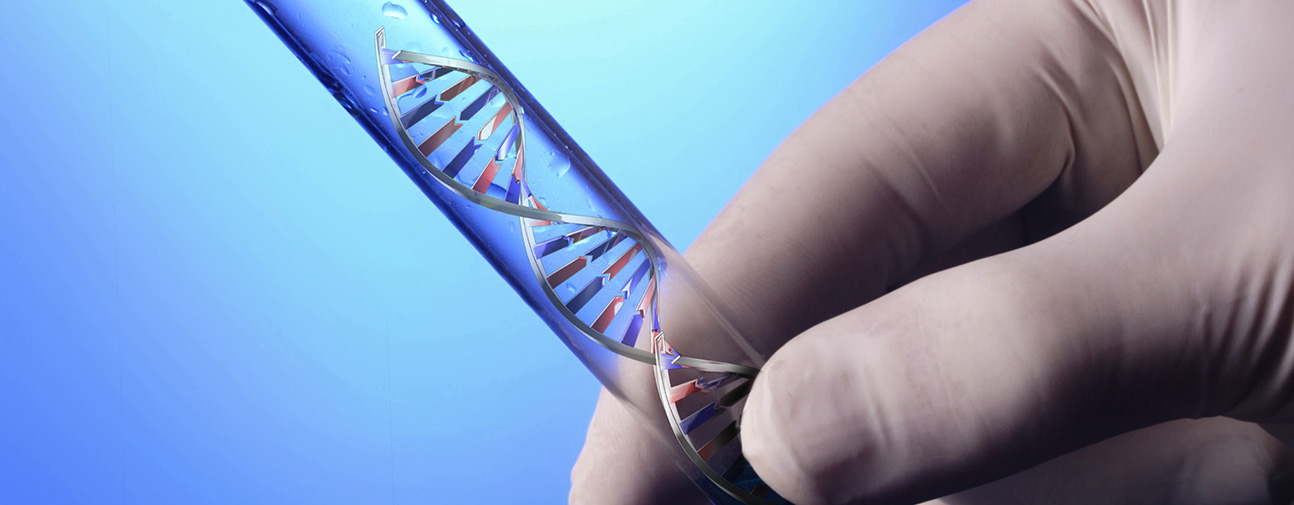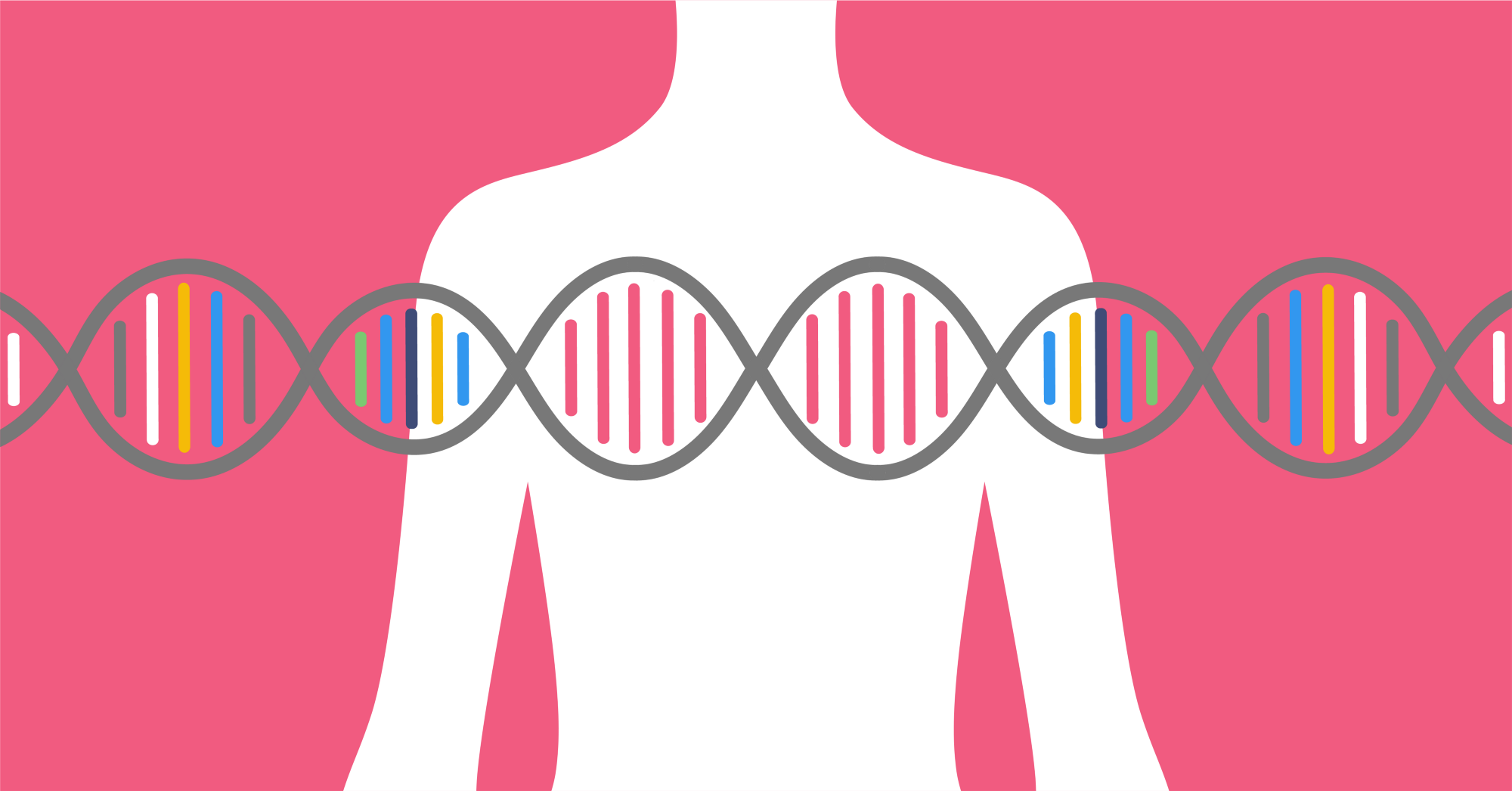The molecular biology section offers a range of tests useful in the diagnosis and monitoring of disease progression in patients with various haematological malignancies as well as some genotyping tests for coagulopathies, hereditary haemochromatosis and neurological malignancies. Certain genetic mutations confer prognostic outcome and may also be used to direct treatment decisions. For carrier status of inherited thrombophilia or haemochromatosis testing, a family history is useful.

Molecular biology is the study of living things at the level of the molecules, which control them and make them up, and strives to understand living things by examining the components that make them up (a “bottom up” approach). Both approaches to biology are equally valid, although improvements to technology have permitted scientists to concentrate more on the molecules of life in recent years.
particular importance to molecular biology are the nucleic acids (DNA and RNA) and the proteins which are constructed using the genetic instructions encoded in those molecules. Other biomolecules, such as carbohydrates and lipids may also be studied for the interactions they have with nucleic acids and proteins.
Deoxyribonucleic acid (DNA) is the molecule which carries the genetic instructions for almost every living thing. Its unique chemistry not only allows this information to be copied and passed on to an organism’s descendents, it also allows scientists opportunities to investigate and manipulate an organism at a molecular level. As a result, molecular biology techniques are at the forefront of most cutting edge scientific research. In this project you will investigate a number of commonly used molecular biology techniques involving DNA.

Polymerase Chain Reaction (PCR) – a process used to amplify very small amounts of DNA to amounts which can be used in further experiments. It is used as a basic tool in molecular biology to ensure that we have sufficient DNA to carry out further techniques such as genetic modification, however it has wider practical uses such as in forensics (identification using DNA profiling) and disease diagnosis. PCR can also be used to introduce small point mutations into a gene in a process called site-directed mutagenesis.
These are all polymerase chain reaction (PCR) based tests that require purified DNA or RNA. A series of tests are done at our laboratories including Factor V G1691A (Leiden) in thrombophilia, and (Hepatitis B virus, Hepatitis C virus, Human Papillomavirus, Cytomegalovirus Quantitative) … ect
The Nwa Lab and GenomefanLtd, today announced a partnership intended to broaden the availability and use the genetic-based testing services in collaboration with well-known genomic companies including centogene (Germany), Agendia (Netherlands), DNAFit (UK), Macrogene and Novogene (South Korea), HomeDNA (USA).
Our Programs for achieving these objectives are reaching Quality assurance (QA) and Good laboratory Practice (GLP).
